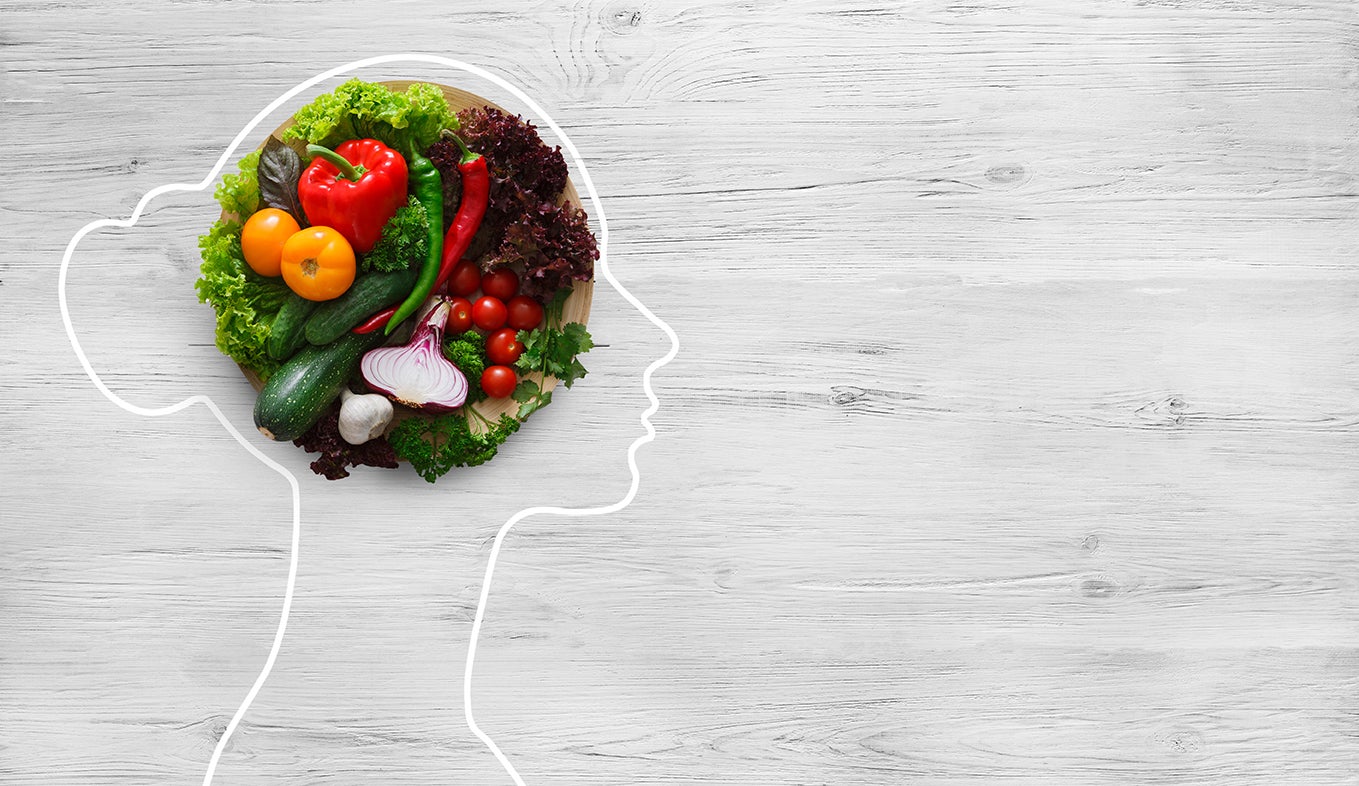Mindful Eating Awareness
April 1, 2024Categories: Bariatric, Health & Wellness, Blog
Tags: Bariatric, Health & Wellness, Blog
 The causes of obesity are complex, involving multiple factors beyond just food choices and physical activity. Access to healthy and affordable food, culinary skills and knowledge, poor sleep, genetics, and chronic stress are just a few other factors that play a role. Since 1975, the number of obese people has nearly tripled worldwide1.
The causes of obesity are complex, involving multiple factors beyond just food choices and physical activity. Access to healthy and affordable food, culinary skills and knowledge, poor sleep, genetics, and chronic stress are just a few other factors that play a role. Since 1975, the number of obese people has nearly tripled worldwide1.
Some of these factors may be out of your control, like genetic makeup, but many of these behaviors can be worked on to improve your health, despite genetic predisposition. If you want to begin implementing healthier eating habits in your life, practicing mindfulness can be a simple, free, and effective place to start! It’s not about dieting or restricting – its all about slowing down, reflecting, and appreciating the food you are eating and thinking about how it is nourishing your body and mind.
Try these easy ways to incorporate mindful eating into your day:
- Pause and Ponder – check in with yourself about your hunger level before you eat. What is driving you to eat and the food choice you are making? Are you feeling physical signs of genuine hunger, or are you eating out of boredom or sadness? Has it been too long since you last ate and you are now feeling ravenous and out of control seeking anything that is quick and easy to eat? You are more likely to consume excess calories when going too long without eating and getting to the point of being ravenous.
- Appreciate & Savor – take a moment to fully appreciate the food you are about to eat. How does it look and smell? Can you taste the different ingredients used in the preparation of the food? Enjoy the different colors and textures, appreciating the effort that went in to preparing the food (whether you made it or it was made by someone else), reflect on the nutrients in the food that are providing your body with what it needs to feel good and satiated, and feel grateful for the food that you are about to have.
- Slow Down – this is a hard one for many people. Eating slower will help your brain keep up with your stomach, and allow time for those hormones to be released that make us feel full before overdoing it. Try setting your fork down in between bites, and chewing slowly and thoroughly. The more you chew your food, the less likely you will have digestive issues like bloating and gas as the grinding of the teeth and release of enzymes in the saliva is the beginning stages of digestion.
- Disconnect from Distractions – it’s hard to put all of these suggestions into practice if you are scrolling on your phone, driving, sending emails, or watching TV while you are eating. Try to avoid these activities during meals to allow yourself to be fully present in the moment.
- Don’t Overdo It - remember that hunger you were feeling before you started eating? As you are eating, check in with yourself to determine if you are still feeling true hunger, or are you feeling satisfied? If you are feeling satisfied, there is no reason to “clean the plate” if it means over eating and feeling uncomfortably full. You do not have to eat all of the food that is on your plate if you are full. Save any leftovers for another time. Food is supposed to give our bodies energy – if you feel tired and sluggish after eating, chances are you ate more than your body needed. Eating more calories than we burn is one of the main ways that weight is gained2.
Putting all of these techniques together successfully takes time and practice. The more you do it, the more natural it will feel. Slowing down and being more mindful and present in the moment can also be applied to other areas of your life too. Everyone is different, and having a conversation with a healthcare provider who specializes in weight loss can help you identify other lifestyle factors that may be making weight loss more difficult and recommend solutions.
References:
1. https://www.who.int/news-room/fact-sheets/detail/obesity-and-overweight
2. https://www.nichd.nih.gov/health/topics/obesity/conditioninfo/cause
